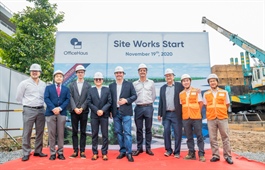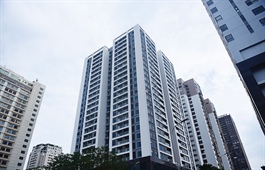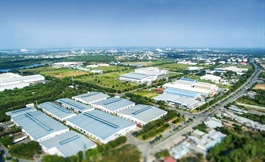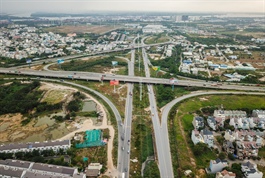M&A in real estate remains robust
M&A in real estate remains robust
The third session of the Vietnam M&A Forum 2020 gathered experts and key leaders from Vietnam's leading real estate developers to share their thoughts on market prospects and what needs to be improved to realise the market's potential.
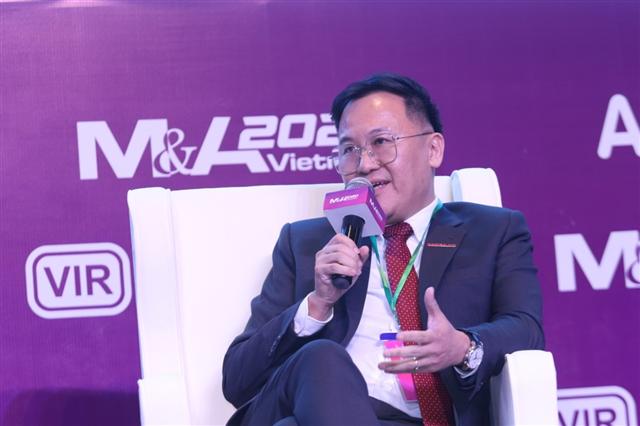
Angus Liew, general director, Gamuda Land
|
We will continue expanding our portfolio in Hanoi and Ho Chi Minh City. However, with the limited land fund, we are considering expanding to satellite cities and broader areas of the central business districts such as the ring roads of Hanoi and Ho Chi Minh City.
We focus on township development, in which housing is only one component of urban areas. We focus on urban areas, which, if fully developed, will meet the demand for both living and working, so the demand for urban development is huge. Even in difficult times, urban areas are still full of vitality.
When we look for M&A opportunities, we look at opportunities both domestically and abroad, and AEON Mall is an example. What we are looking for is to continue to develop large-scale urban areas, and M&A is a good tool for project development.

Khanh Nguyen, senior director, JLL Vietnam
|
We have been closely following the rise and fall of the market and believe that the market is very promising right now. Even as BWI Industrial set up a base in Vietnam, we also saw many investors like LOGOS, JLP, and SLP come along. We reckon industrial property is one of the most positive segments, followed by residential housing.
Investors consider Vietnam with its large population a promising market for development. Especially investors from Japan, Singapore, and Korea can cooperate with domestic partners for M&A.
It is considered that the office segment is the most stable one if it is located in a good place.
In spite of COVID-19, Vietnam is one of the countries that attract more foreign direct investment.
Last year, we talked about hospitality and residential housing, which are quite dynamic segments. I have been here for 15 years and started with apartments but the family business size has shrunk over the past few years.
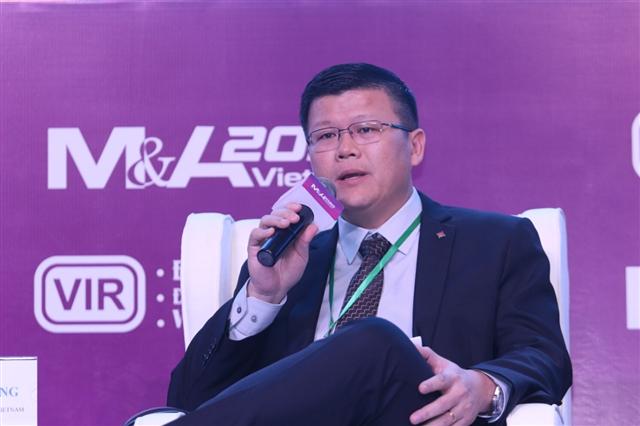
Lim Hua Tiong, CEO, Frasers Property Vietnam
|
The unprecedented public health challenges have considerably hampered business operations but investors remain eager about the M&A landscape across all sectors. We’ve spotted many appealing investment opportunities in Malaysia and Singapore. Vietnam is also one of our favourite investment spots. Although the progress of adapting and changing the legal requirements to open up more opportunities for M&A investors seems slow, many of our partners are still keen on acquiring local enterprises in Vietnam. Thus, I still hold my optimistic outlook on Vietnam’s vast potential.
As one of the most active property providers in Vietnam, we have conducted a variety of deals over the past decade. So basically, our advice is not to pay when the deal is unsecured. I think pricing is one of the most essential elements in the industry, so be patient!
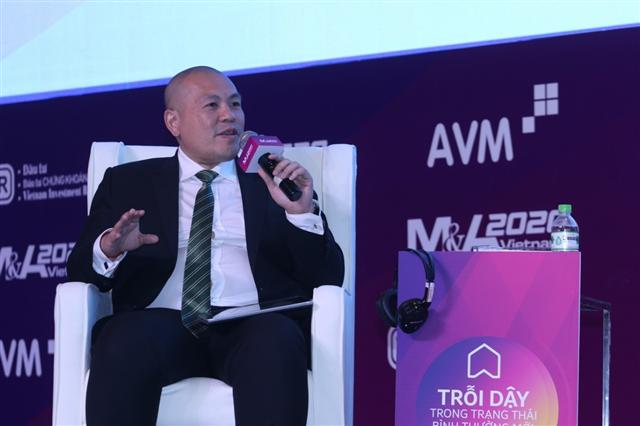
Nguyen The Nhien, deputy CEO, Hung Thinh Land
|
Industrial real estate is on the rise. It is worth noting that more local investors are conducting investment this time. Meanwhile, real estate in suburban areas is heating up due to the changing customer behaviour.
Since the end of 2019, Hung Thinh Land has spent trillions of dong to conduct M&A deals in Binh Dinh. The company also has a land reserve of 1000ha in Lam Dong.
We have worked with local authorities to implement projects in satellite provinces. However, the company is facing obstacles such as the prolonged licensing process as well as how to spur market demand. In addition, the satellite provinces do not have good infrastructure to connect with other provinces. At present, Hung Thinh Land has many projects and land reserve so the company is ready to conduct M&A deals with foreign investors.

Vu Minh Tien, member of the Board of Directors, An Thinh Group
|
We saw two challenges, including the growth motivation and competition among domestic firms post-COVID-19. It forces us to change ourselves and grow stronger. However, we also see some overlaps in legislation. It needs a lot of time to address the conflict between the laws on land and investment. There is a lack of transparency and takes a lot of time to deal with the problems. The responses of regulatory bodies are too slow.
Foreign investors need to review different channels. Some deals were nearing completion but have still failed due to legal issues. The integration post-COVID-19 pandemic is another problem. When we must restructure to avoid confusion but in my opinion, it is necessary to change governance structures to ensure a smooth transition between buyers and sellers.




